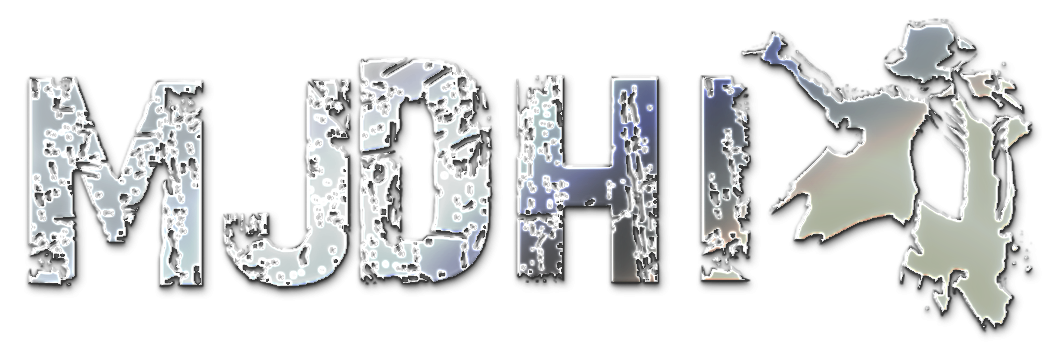Jurors get first glimpse of Michael Jackson doctor’s personality and insight int
[size=12pt]LOS ANGELES — Jurors who stared at the stoic face of Michael Jackson’s doctor across a courtroom for two weeks have had their first glimpse at his personality and their impression of him could be as important as if he had taken the stand himself.<br /><br />A more-than two-hour long interview that Dr. Conrad Murray had with police provides an insight into the doctor’s thinking in the panicked moments when he realized he was losing one of the world’s most famous superstars.<br /><br /><br /> <br />“I loved Mr. Jackson,” he was heard saying in a soft voice. “He was my friend. He opened up to me in different ways. I wanted to help him ... I cared for him. I had no intention of hurting him. I did not want him to fail.”<br /><br />Prosecutors played the interview to jurors on Friday at Murray’s involuntary manslaughter trial. Murray has pleaded not guilty. When the trial resumes Tuesday, Murray’s account will focus on how he broke the news to Jackson’s children about their father’s death.<br /><br />The dramatic tape recording, made two days after Jackson died, was stopped before the moment when Murray said he realized his patient was dead and he had to face the Jackson family.<br /><br />According to a transcript, it contains Murray’s account of the family’s grief when they heard the superstar had died. There is a heart rending recollection of Jackson’s 11-year-old daughter weeping, “I will wake up in the morning and I won’t be able to see my daddy.”<br /><br />Murray says the three Jackson children asked to view their father’s body and were allowed to do so. But Jackson’s mother, Katherine declined. Once Jackson’s siblings arrived, their question for Murray was simple: “Do you know why he died?”<br /><br />“My answer was, ‘No,’” said Murray, “and that’s the reason why I was recommending an autopsy.”<br /><br />At that point on June 25, 2009, he had not told anyone — not paramedics or emergency room doctors — that he had given Jackson the anesthetic propofol on top of a number of other sedatives. His first mention of propofol was during the interview with detectives.<br /><br />The tape provided a powerful crescendo for the prosecution’s case against Murray. But legal experts say the tape’s effect may be as contradictory as his story.<br /><br />“The prosecution benefited greatly from being able to portray Murray as a liar,” legal analyst and trial attorney Royal Oakes said. “The key factor is his saying he was away from Jackson’s bedside for only two minutes has been contradicted by testimony and cell phone records.”<br /><br />“To have him lie to detectives about how long he was away was incriminating,” Oakes said.<br /><br />Murray’s girlfriends have testified he was placing calls to them during the crucial time and he called his current girlfriend from the ambulance as he headed to the hospital with Jackson’s apparently dead body.<br /><br />In the tape, he makes no mention of any cell phone calls and he lied about taking all safety precautions, Oakes said. Testimony has shown that life-saving equipment was not present at the Jackson home.<br /><br />On the other hand, Oakes said, the interview conducted by two detectives outside a noisy hotel banquet room allowed Murray to tell his story without being challenged.[/size]<br /><br />http://www.washingtonpost.com/national/jurors-get-first-glimpse-of-michael-jackson-doctors-personality-and-insight-into-his-thinking/2011/10/10/gIQAy6LqaL_story.html

Comments